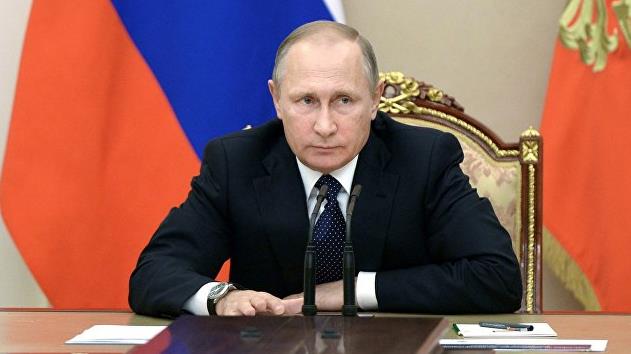A nation must think before it acts.
The month of October is never a quiet one in a U.S. presidential election year. But this time, the run-up to the vote has been marked by a series of high-stakes cyber-skirmishes between Washington and Moscow. Over the summer, intent on derailing the campaign of Democratic presidential candidate Hillary Clinton, Russia released damning emails from the Democratic National Committee (DNC), leading to the resignation of chair Debbie Wasserman Schultz. Hoping to create yet another stir, Russia then handed over a batch of Clinton’s e-mails to WikiLeaks on October 7. But much to Moscow’s chagrin, Washington was able to rob Moscow of the element of surprise, and Russia’s “October surprise” fizzled.
Just before the WikiLeaks dump, the White House released a statement in which it directly accused Russia for the first time of hacking the e-mails of DNC and Democratic Party members. The unexpected and unprecedented announcement dominated the headlines, leaving Russia’s and WikiLeaks’ attempts to show Clinton as shifty and close to Wall Street as a sideshow.
On the same day, the now infamous “locker room” tape, in which Republican presidential candidate Donald Trump brags about sexually assaulting women, surfaced. This scandal blew the much-anticipated WikiLeaks revelations out of the water, and it became the focus of the second presidential debate, which further diverted attention away from the leaks. In the second presidential debate, discussion of the “locker room” tape took up 23 minutes and the WikiLeaks revelations only a few. Clinton dismissed them with an erudite story about Abraham Lincoln. One October surprise trumped another, so to speak.
The failure of Russia’s long-planned October surprise to tip the election appears to have angered Moscow, which had planned this operation well in advance in hopes of destroying Clinton’s chance of winning the presidency. While news of the DNC hacks first surfaced in June, it was widely reported that they had taken place months earlier, and the e-mails were purposely released in July just before the Democratic National Convention. On July 27, Trump explicitly welcomed Russia’s release of the hacked e-mails, stating, “I will tell you this, Russia: If you’re listening, I hope you’re able to find the 30,000 e-mails that are missing. . . . I think you will probably be rewarded mightily by our press.” When the leaked e-mails failed to get sufficient attention, Trump supporters were deeply disappointed. Trump associate Roger Stone tweeted on October 1, “@HillaryClinton is done. #Wikileaks.” There is every reason to believe that Russian hackers and their sponsors felt the same way and were disappointed when Hillary’s support surged after the release, while Donald Trump’s campaign hit the shoals.




